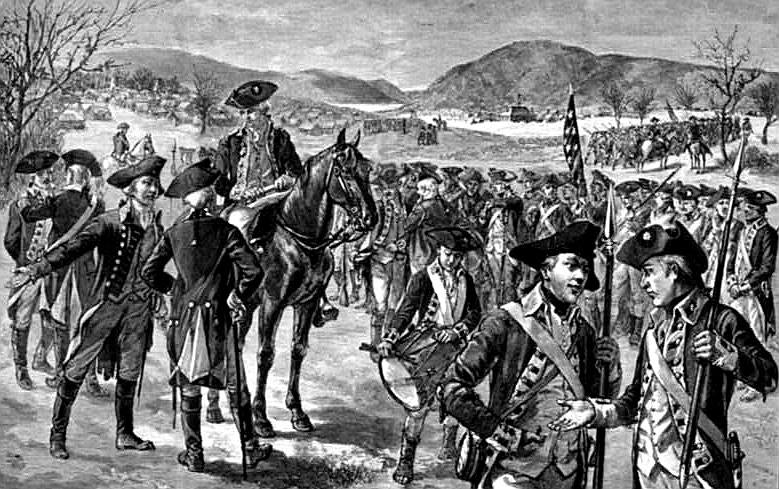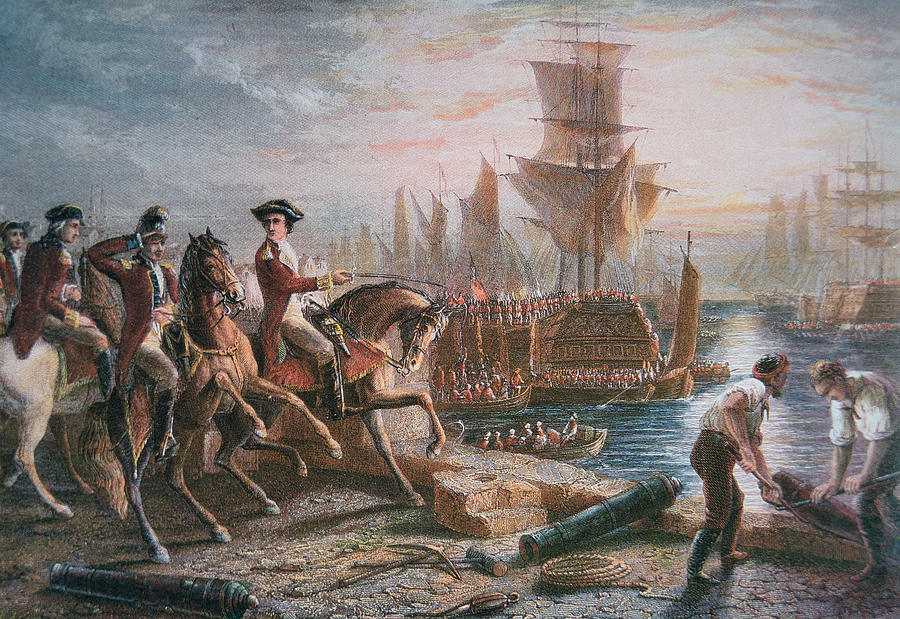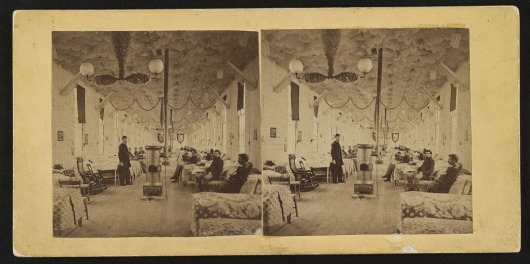
15 MARCH 1783 - THE NEWBURGH CONSPIRACY
FIRMLY ESTABLISHES CIVILIAN CONTROL OF THE MILITARY
The Continental Army was in its cantonment at New Windsor - near Newburgh, NY. The American cause came close to collapsing on itself due to the soldiers' pay being seriously in arears.
FIRMLY ESTABLISHES CIVILIAN CONTROL OF THE MILITARY
The Continental Army was in its cantonment at New Windsor - near Newburgh, NY. The American cause came close to collapsing on itself due to the soldiers' pay being seriously in arears.

A group of officers called for a meeting on 12 March, which General George Washington asked them to hold on the 15th at the Temple of Virtue, but which he would not attend.
#Armyhistory @USArmy @TRADOC #NewburghConspiracy #GeorgeWashington @SecArmy @ArmyChiefStaff
#Armyhistory @USArmy @TRADOC #NewburghConspiracy #GeorgeWashington @SecArmy @ArmyChiefStaff
The officers wanted to plan an action to force the Continental Congress honor its pledges of back pay and pensions before the Army disbanded. Washington appeared at the meeting unexpectedly, and gave an emotional appeal to the officers' sense of duty and military virtue. 

Washington restored calm and forestalled a potential coup d'état of the young nation's government. Gen Washington's character and leadership affirmed the primacy of Congress and the principal of civilian control of the military that remains a hallmark of American democracy. 



The preliminary peace treaty was received and approved by the Continental Congress on 15 April, and an armistice declared on 19 April 1783. The American War for Independence officially ended with the evacuation of the last British forces from New York City on 25 November 1783.
• • •
Missing some Tweet in this thread? You can try to
force a refresh



















